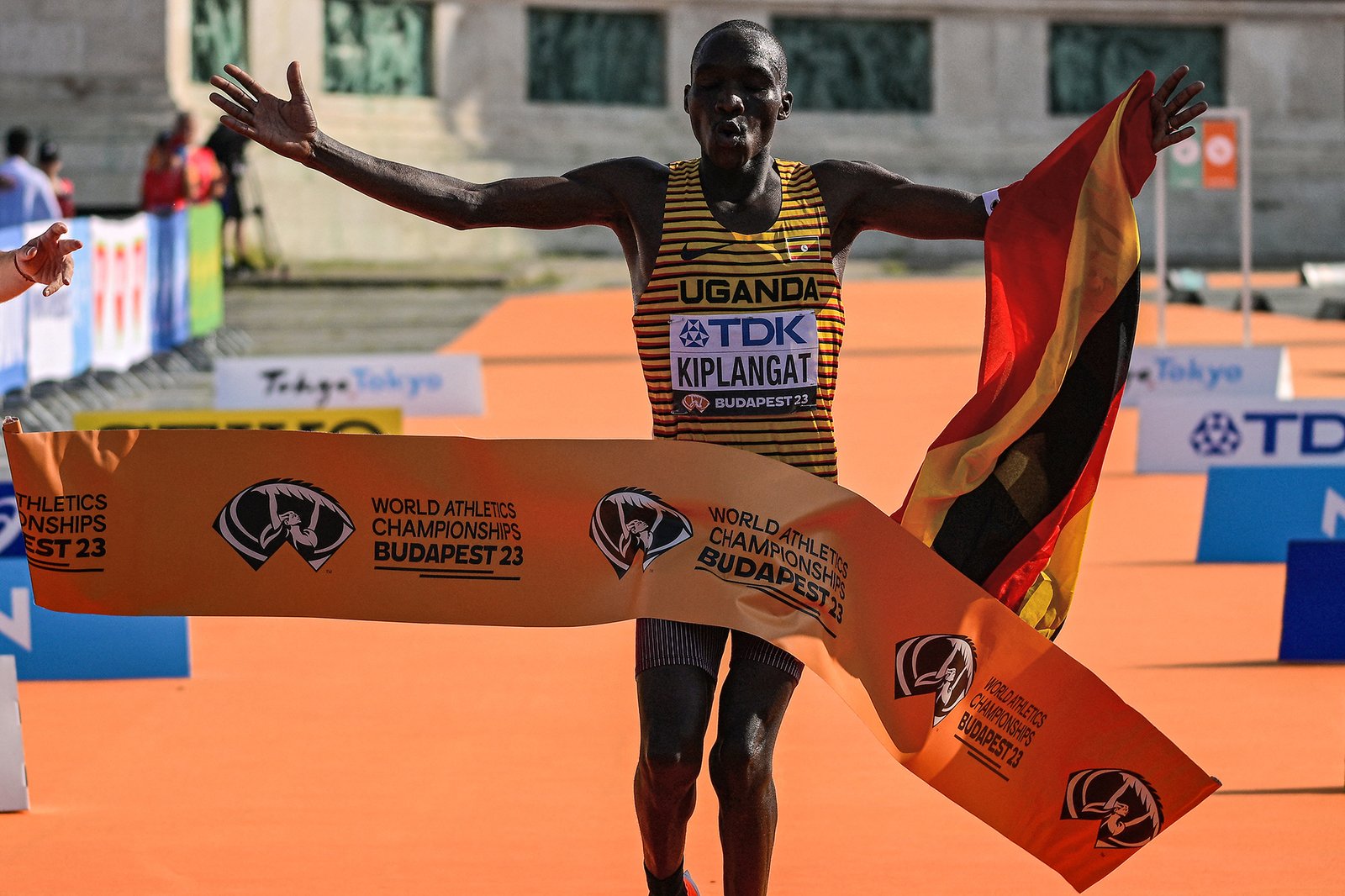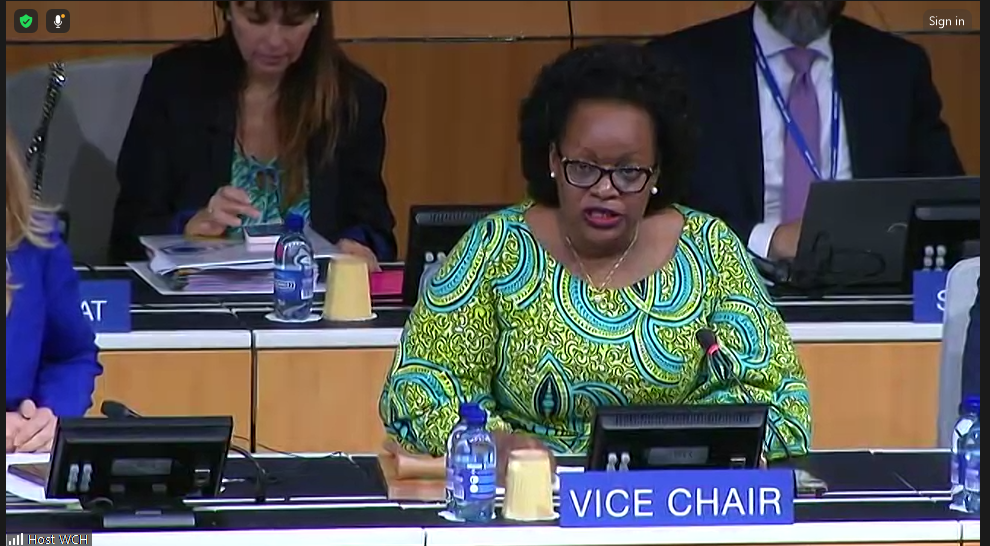As the English Premier League season begins, many Ugandans are placing bets
on their favorite teams. However, few people realize that sports betting can be
a false hope for easy money.
In recent years, sports betting has become a multi-billion-dollar industry
in Uganda. However, this growth is built on a foundation of addiction and
despair. Most people who gamble lose money, and even those who win are more
likely to lose money in the long run.
A study by the National Gaming Board of Uganda found that 80% of gamblers
lose money. This means that for every 10 people who gamble, only 2 people will
make money. Even for those who do make money, it is often a short-lived
victory. The odds are stacked against gamblers, and they are more likely to
lose money in the long run.
The marketing strategies of betting companies are very effective. They are
everywhere, from billboards and TV commercials to social media and mobile apps.
It is no wonder that so many people are drawn into gambling.
One of the most effective marketing strategies used by betting companies is
to target young people. They know that young people are more likely to take
risks and are more susceptible to the lure of easy money. Betting companies
often use famous football stars like Jay Jay Okocha to promote their products,
and they sponsor football clubs in the different big football leagues in
Europe. This gives them access to a wide audience of young people, who are the
majority of football fans.
Another effective marketing strategy used by betting companies is to offer
attractive bonuses and promotions. These bonuses can be very tempting,
especially for people who are struggling financially. However, it is important
to remember that these bonuses are often just a way to lure people into
gambling. Once they have started gambling, it is very difficult for people to
stop.
The influence of the Ugandan role models who promote sports betting cannot
be overlooked. It is important to contrast the current crop of celebrities who
promote betting with the role models of yesteryears who championed public
health, education, and social progress. Uganda needs to recognize the dangers
of sports betting and redirect its energies towards hard work, innovation, and
productive pursuits.
Sports betting has become a silent killer, leading many young Ugandans down
a path of hopelessness. The addictive nature of gambling preys on vulnerable
individuals, trapping them in a cycle of self-destruction. The allure of
instant wealth blinds them to the importance of hard work, determination, and
perseverance. As a result, dreams and aspirations are replaced by the false
promise of easy money, leaving a generation devoid of ambition and motivation.
Sam Semakula and Stephen Osuret (not real names) are two individuals who
fell into the grip of sports betting. Sam, a security guard, started betting
four years ago when he placed a bet of 100,000 shillings on a premier league
game. He won 700,000 shillings in what he described as his lucky day. Ever
since that major win, he has never left betting with the hope of winning more
and better like other people have done. However, despite his continued
investment of at least 10,000 shillings weekly, Sam rarely reaps any
significant rewards. His story serves as a cautionary tale, highlighting the
addictive nature of gambling and the false hope it instills.
Stephen, a boda boda rider in Kiwatule, experienced a similar situation. He
won 10 million shillings after placing a 15,000 shillings bet with a renowned
sports betting company a few years ago. Stephen used the money to start a
poultry business. While his initial win seemed like a stroke of luck, he
acknowledges that many people fall into the trap of reinvesting their winnings
and eventually losing it. This cycle perpetuates the dependency on betting, further
exacerbating the hopelessness that plagues our youth.
According to the Uganda Lotteries and Gamings Board, Ugandans spend over 150
– 200 billion shillings in Casinos, slot machines, lotteries and betting
annually. This staggering amount could have been channeled towards initiatives
that promote education, healthcare, infrastructure development, and poverty
alleviation. Instead, it is squandered on a vice that perpetuates a culture of
dependency and unfulfilled potential. Money lost to betting companies could be
harnessed for the betterment of our nation, creating opportunities for growth
and progress in various sectors.
Celebrities have a significant impact on shaping the attitudes and behaviors
of the youth. It is disheartening to see some of our beloved stars sacrificing
the well-being of our generation for the money they receive from betting
companies for endorsements. They should be implored into considering the
long-term effects of their actions and instead advocate for causes that promote
education, health, and social development. Celebrities should become true role
models, inspiring the youth to pursue their dreams through hard work,
dedication, and creativity.
The government of Uganda has a crucial role to play in curbing the influence
of sports betting companies. Stricter regulations and licensing requirements
can help create a more responsible gambling environment. Additionally, the
government should invest in public awareness campaigns to educate citizens
about the risks associated with gambling and promote alternative avenues of
success. By working in tandem with civil society organizations, the government
can provide support systems for individuals struggling with addiction and
develop programs that promote entrepreneurship and skill development.
Conclusion
Sports betting may appear lucrative to those seeking quick wealth, but it
comes at a significant cost to our society. We must recognize the dangers it
poses.
Â

















